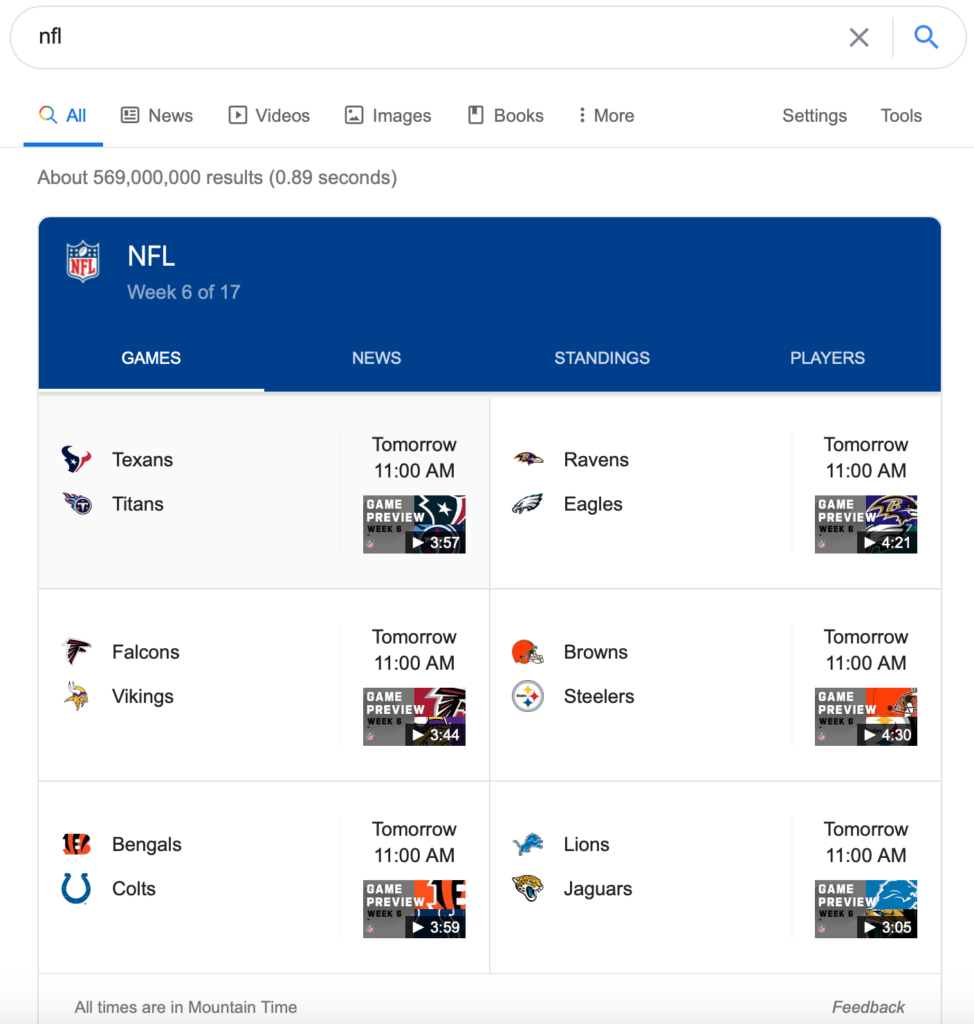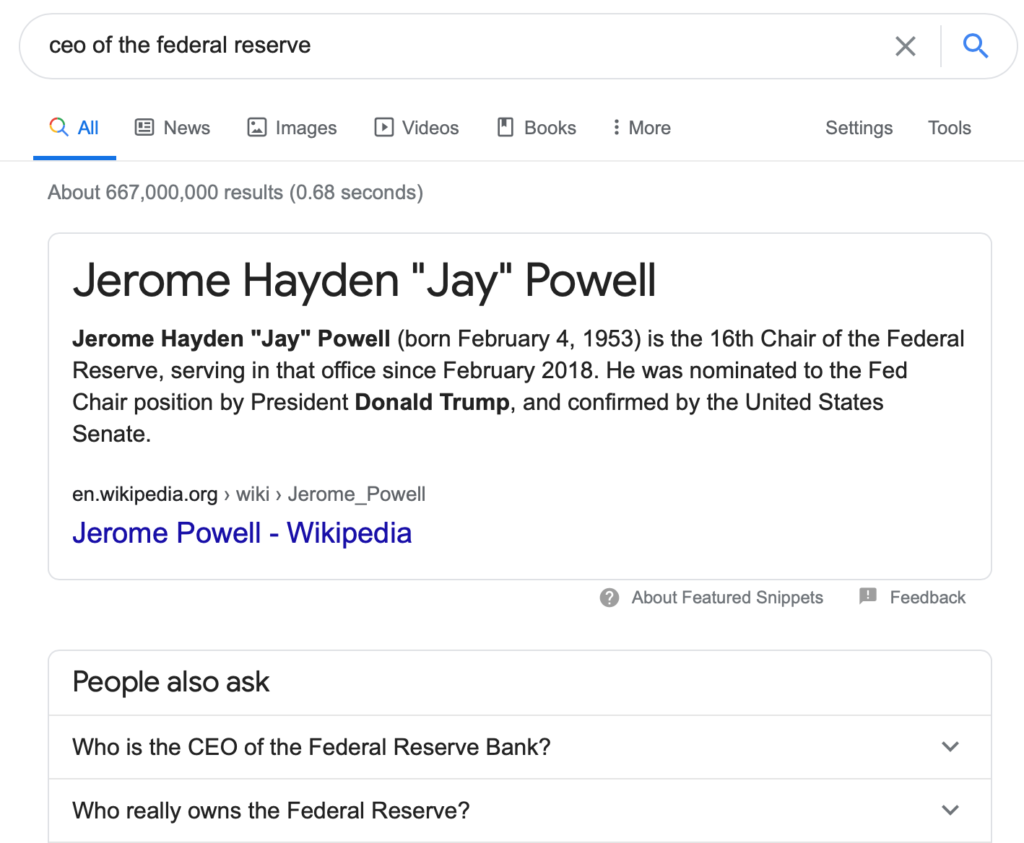Have you ever heard someone use the phrase “that’s just semantics” before? That usually means that they think the other person is obsessing over word choices rather than the substance of the argument. But what if that retort made no sense? What if the words you choose completely change the argument? If an avid baseball fan in Colorado puts “rockies” in the search bar, should they see results for the 80 million year old, 3000 mile chain of mountain peaks ranging from Canada to Mexico? Or for a mediocre baseball team, formed in 1995? If intent didn’t matter, the Rocky Mountains would seem like the obvious choice over the struggling Blake Street Bombers. But the Rocky Mountains aren’t going anywhere and people rarely seek updates on them. Due to this, and combined with search history, demographics, and geographic location, the search algorithm concludes that what the user is looking for is information on the Colorado Rockies baseball team.
Spamdexing: The Bad Old Days
In simpler times, way back in 2010, SEO meant matching a search query word for word by repeating those words as many times as possible on your page. This way we could “trick” Google into ranking our content higher. Since then the search algorithms have become a lot more sophisticated. On April 24th, 2012, Google rolled out an update that would change SEO forever: Google Penguin. With this update they sought to penalize websites that engaged in webspam, like keyword stuffing, and rank the ones that produced high-quality content. Since then, the content you put on a site has less to do with matching exact keywords and more to do with matching a user’s intent and the context of the query. In this way, the relationships between the words matter a whole lot and that, my friends, is semantics.
Singularity? The Robots are Becoming More Human
Following the rollout of Penguin, there were a few other events that were equally consequential for semantic search. The two biggest ones were the Knowledge Graph and the Hummingbird update. With the Knowledge Graph they added a box to the Search Engine Results Page (SERP) that hold the information Google thinks you’re looking for. This way you can gain knowledge without having to click a link. It does this by understanding that the words you put in the search bar are not random strings of characters, but that they have meaning. A famous person, for example, isn’t just a name. They have connections to other people in history and to certain time periods based on their birth dates. By mixing all this information together and combining it with popular searches from all users across the globe, google gets a better understanding of what you’re looking for.
These days SEO professionals often say to write for humans first, not robots. Another way of thinking about that is that the “robots” have evolved enough to understand language the way humans would, which means taking context into consideration.
With the Hummingbird update, Google went from displaying search results that matched your query word-for-word, to displaying results that infer intent. Now, the robots have learned natural, conversational language and a whole lot of synonyms. With this knowledge they can understand the theme of your query and give you the appropriate result. This means better results both at the head and tail-end of queries. For example, if you search NFL, Google will give you the latest games at the top of the SERP, saving you a click. This is due to the fact that most people who search for “NFL” aren’t curious as to what NFL stands for or what it is; they want to see what games are on or what the scores are.

At the tail-end, you can ask very specific questions and Google will find the answer for you. This is very different from prior to Hummingbird, when they would show the exact keywords you searched for. By it’s very definition a questions is not going to have the answer in it, so earlier algorithms wound’t be able to show you this. You can even ask the wrong question and still get the right answers as long as google understands the general idea behind what you were asking. If you search for the CEO of the Federal Reserve, Google will show you the answer for the “chair” of the federal reserve, since CEO and Chair means something similar here.

You might also find a People Also Ask section where they explain that the Fed doesn’t have a CEO, but not until they’ve answered the question first. If robots truly wanted to match human behavior they should start acting more pedantic and answer your questions by explaining that the Fed doesn’t have a CEO, but that wouldn’t be very helpful. If they did you’d probably go: “Oh that’s just semantics; you know what I mean!”

